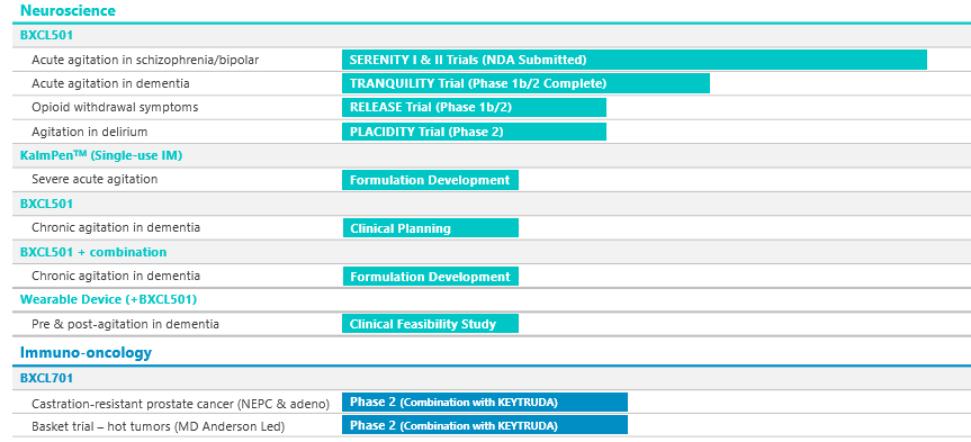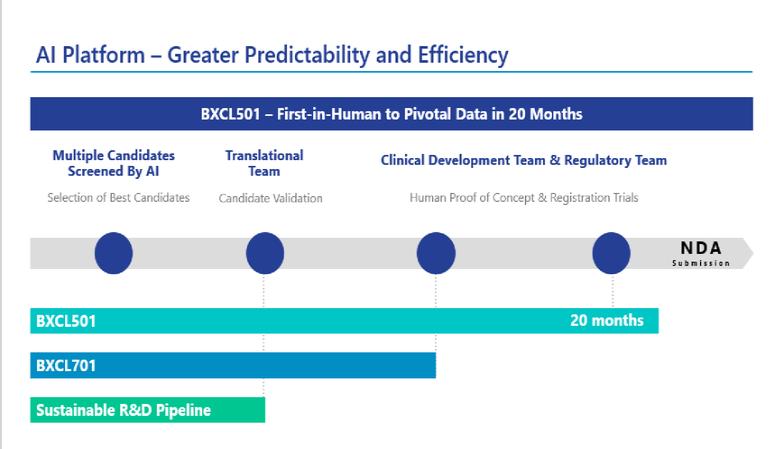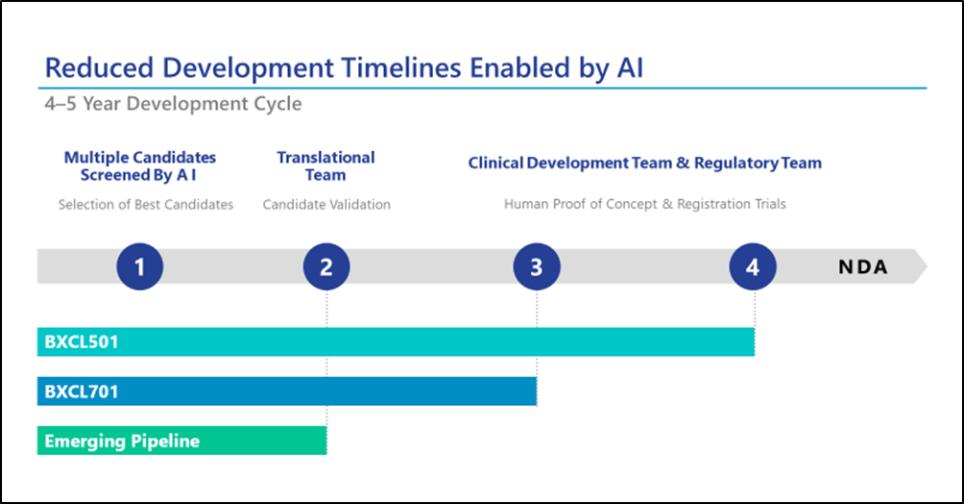various states have enacted false claims laws analogous to the False Claims Act. Many of these state laws apply where a claim is submitted to any third-party payer and not merely a federal healthcare program. When an entity is determined to have violated the False Claims Act, it may be required to pay up to three times the actual damages sustained by the government, plus significant civil penalties for each separate false claim.
Also, the Health Insurance Portability and Accountability Act of 1996, or HIPAA, created several federal crimes, including healthcare fraud, and false statements relating to healthcare matters. The health care fraud statute prohibits knowingly and willfully executing a scheme to defraud any health care benefit program, including private third-party payers. The false statements statute prohibits knowingly and willfully falsifying, concealing or covering up a material fact or making any materially false, fictitious or fraudulent statement in connection with the delivery of or payment for health care benefits, items or services. Similar to the federal Anti-Kickback Statute, a person or entity does not need to have actual knowledge of this statute or specific intent to violate it in order to have committed a violation.
The Physician Payment Sunshine Act, or the Sunshine Act, which was enacted as part of the ACA, requires applicable manufacturers of drugs, devices, biologicals, or medical supplies covered under Medicare, Medicaid or the Children’s Health Insurance Program, to report annually to the Secretary of the Department of Health and Human Services payments or other transfers of value made by that entity, or by a third party as directed by that entity, to physicians (defined to include doctors, dentists, optometrists, podiatrists and chiropractors), certain other healthcare providers starting in 2022, and teaching hospitals, or to third parties on behalf of such providers, during the course of the preceding calendar year. Failure to comply with the reporting requirements can result in significant civil monetary penalties for any payment or other transfer of value that is not reported.
Violations of any of these laws or any other governmental laws and regulations that may apply include, without limitation, significant civil, criminal and administrative penalties, damages, fines, imprisonment, exclusion of products from government funded healthcare programs, such as Medicare and Medicaid, disgorgement, contractual damages, reputational harm, diminished profits and the curtailment or restructuring of our operations.
Data Privacy & Security
Numerous state, federal and foreign laws, including consumer protection laws and regulations, govern the collection, dissemination, use, access to, confidentiality and security of personal information, including health-related information. In the United States, numerous federal and state laws and regulations, including data breach notification laws, health information privacy and security laws, including HIPAA, and federal and state consumer protection laws and regulations (e.g., Section 5 of the FTC Act), that govern the collection, use, disclosure, and protection of health-related and other personal information could apply to our operations or the operations of our partners. In addition, certain state and non-U.S. laws, such as the California Consumer Privacy Act, or CCPA, the California Privacy Rights Act, or CPRA, and the EU General Data Protection Regulation, or GDPR, govern the privacy and security of personal information, including health-related information in certain circumstances, some of which are more stringent than HIPAA and many of which differ from each other in significant ways and may not have the same effect, thus complicating compliance efforts. Failure to comply with these laws, where applicable, can result in the imposition of significant civil and/or criminal penalties and private litigation. Privacy and security laws, regulations, and other obligations are constantly evolving, may conflict with each other to complicate compliance efforts, and can result in investigations, proceedings, or actions that lead to significant civil and/or criminal penalties and restrictions on data processing. Additionally, our use of artificial intelligence and machine learning may be subject to laws and evolving regulations regarding the use of artificial intelligence/machine learning, controlling for data bias, and antidiscrimination.
Human Capital
Our Employees. We have grown to a team of 50 employees as of December 31, 2020, all of whom were employed in the U.S. Our highly qualified and experienced team includes scientists, physicians and professionals across sales,


